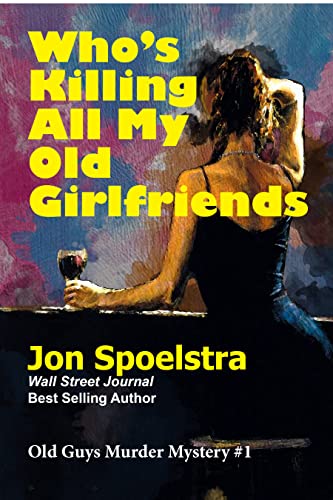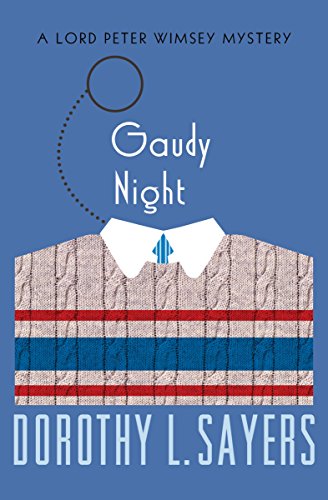
It’s a strange and somewhat disquieting experience for me to discover a classic mystery series from the Fifties of which I’d never heard. This is the John J. Malone series, written by “Craig Rice,” which turns out to be a nom de plume for Georgiana Ann Randolph Craig, a troubled and alcoholic writer who kept much of her life private. I thought as I read this book that it had the feel of a book written by a woman, because of the nature of the women’s conversations. I didn’t think a man could easily write that kind of dialogue.
However, I am informed, by an Amazon reviewer and by the author’s Wikipedia page, that this is almost certainly a ghostwritten book. So a guy might have written it anyway. And wouldn’t my male chauvinist face be red if that’s true?
In any case, the book is But the Doctor Died, the final book-length work in the series. I picked it up because I got a deal on the Kindle Version. John J. Malone is a Chicago lawyer, on the seedy side of the profession. He’s scrappy and aggressive and has his own code of conduct, which doesn’t always coincide with the laws on the books. In this story, John is defending a small-time criminal, but the cops have got him locked up somewhere he can’t locate. Then a poor mother comes to him to ask him to defend her son, who is completely innocent (actually he’s a bum, but a client’s a client).
Then he sees his friend Helene Justus, wife of Jake Justus, night club owner, on the street. He’s fond of them both, but secretly in love with Helene. She is walking along the sidewalk in a haze, carrying a bag of confetti, and doesn’t seem to recognize him. He will soon learn that she’s gone to work for a top-secret government agency, where suspicious things are happening.
The whole thing gets pretty complicated. Incredibly complicated. I found the plot wholly impossible to follow. But I understand that’s how these books are – light, improbable hard-boiled stuff.
I should probably read a book by the actual author before I judge her work. I may just do that. Even in this form, I found the characters intriguing.









